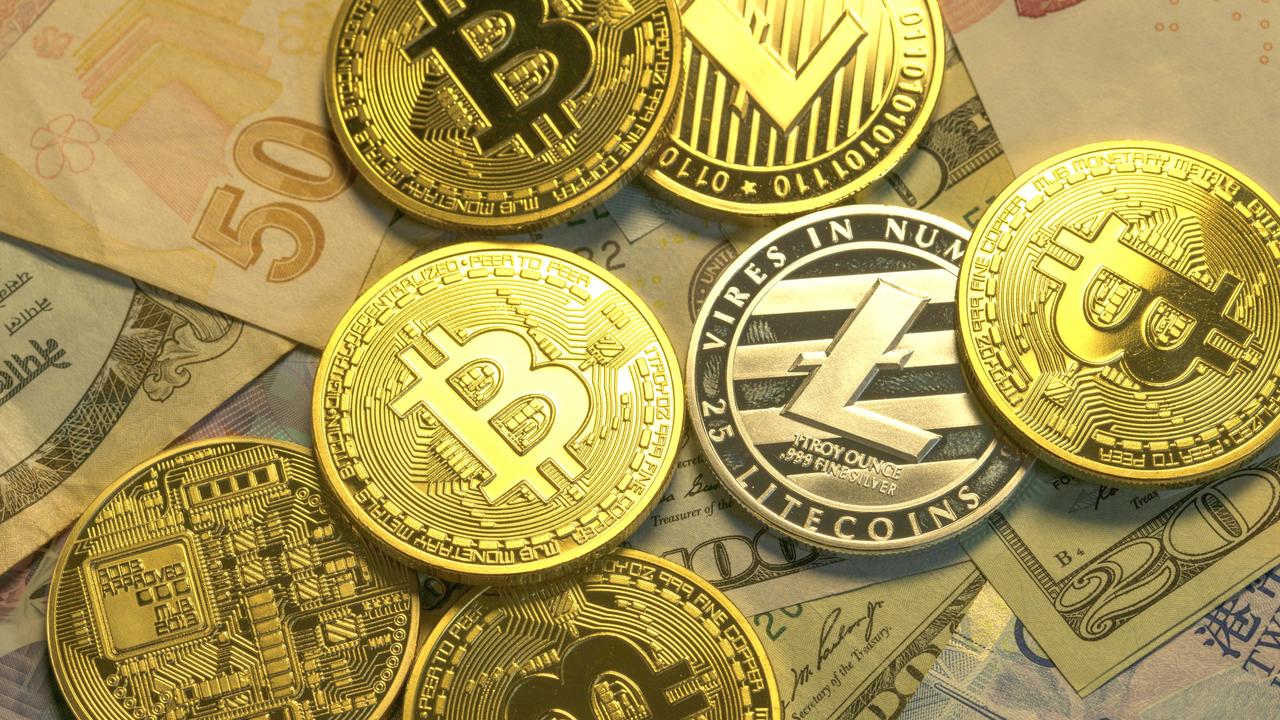The cryptocurrency ecosystem has evolved from a singular decentralized endeavor to a global phenomenon as it enters its second decade. Thousands of digital currencies now compete, collaborate, and coexist, ranging from Bitcoin to Ethereum, stablecoins to meme tokens. However, a fundamental concern looms enormous as this ecosystem continues to mature:
**Will the future of crypto converge into a single, dominant global currency, or will it continue to fragment into thousands of specialized tokens?**
The topics of this debate include human behavior, technology, politics, and economics. Although both futures present compelling arguments, only one has the potential to shape the way the world uses and comprehends money in the years ahead.
The Argument for a Single Global Cryptocurrency
A universal cryptocurrency appears to be a utopian solution to a chaotic financial world. IMAGINE a single, decentralized currency that is utilized for a wide range of purposes, including local transactions, international trade, financing the unbanked, and enabling smart contracts.
This vision is profoundly appealing, and for a valid reason:
1. **Efficiency**
The friction of exchange rates, settlement delays, and cross-border fees could be eliminated by a single globally recognized currency.
2. **Interoperability**
Decentralized applications, financial systems, and digital identities could be unified under a single standard.
3. **Network Effect**
In the same way that the internet operates on universal protocols, a dominant cryptocurrency could flourish through its widespread adoption, thereby enhancing its security and utility over time.
4. **Digital Neutrality**
A single coin could avoid geopolitical entanglement if it is constructed on an open, decentralized infrastructure, in contrast to fiat currencies like the dollar or yuan.
5. **Economic Inclusion**
A crypto that is widely used could enable billions of individuals to access digital economies and bypass traditional financial systems with the aid of a smartphone.
Fragmentation’s Actuality
However, the aspiration of a single coin that could govern them all is confronted with some very tangible obstacles. The crypto space is currently more fragmented than it has ever been, and this may not be a defect; it could be a feature.
1. **Specialization**
Not all tokens are intended to function as currency. Some gaming ecosystems are influential, while others represent governance rights, digital art, or carbon credits. It is impossible for a single coin to perform all tasks.
2. **Political and Cultural Resistance**
Governments are quite unlikely to relinquish their monetary sovereignty. Community values and regional requirements exert an influence on even decentralized networks.
3. **Innovation through Competition**
Fragmentation facilitates experimentation. Different governance systems, economic structures, and consensus models can be evaluated by competing platforms.
4. **Diversity as a Security Measure**
A solitary coin has the potential to become a global systemic risk. A diverse ecosystem is more resistant to attacks, flaws, or malfunctions.
5. **Autonomy of the User**
A variety of values—such as privacy, speed, regulation-friendliness, or ideology—are preferred by various consumers and communities. Fragmentation provides them with alternatives.
Bridges, Not Borders: Hybrid Futures
The more probable outcome is a **multi-coin ecosystem** that is connected by bridges, standards, and protocols, rather than a singular winner or chaotic fragmentation:
* Ethereum or its successors could fuel smart contract economies. * **Bitcoin** might remain a long-term store of value. * **Stablecoins** could dominate daily commerce.
* **Specialized tokens** may facilitate access, voting, or rewards in niche ecosystems. * **Cross-chain infrastructure** could facilitate the seamless interaction of all of them.
This “internet of value” would be akin to the internet itself: a decentralized system of diverse, interconnected networks.
Final Thoughts: Coordination, Fragmentation, or Convergence?
The ultimate form of cryptocurrency may not involve a choice between unity and disorder. It may be about **coordination without control**—a world in which numerous currencies coexist, but they can communicate, interoperate, and serve distinct purposes with minimal friction.
Will this landscape result in the emergence of a single global currency? It is feasible—but only if it surpasses the aggregate of its competitors in terms of its ability to address the diverse requirements of the world. However, it is more probable that **crypto** will evolve into a network of economic languages, rather than a singular universal one.
In the end, the final evolution of crypto may not resemble a single coin that will govern them all, but rather a constellation of tokens, protocols, and communities that are connected by shared purpose, open infrastructure, and decentralized trust.

Leave a Reply